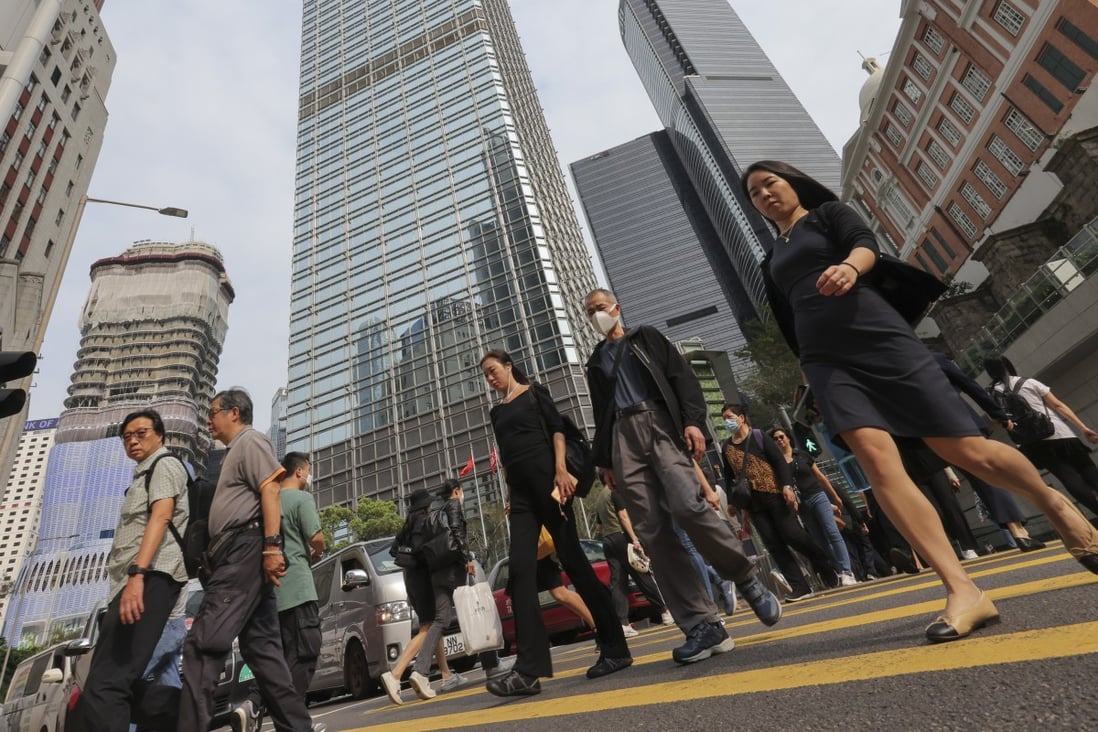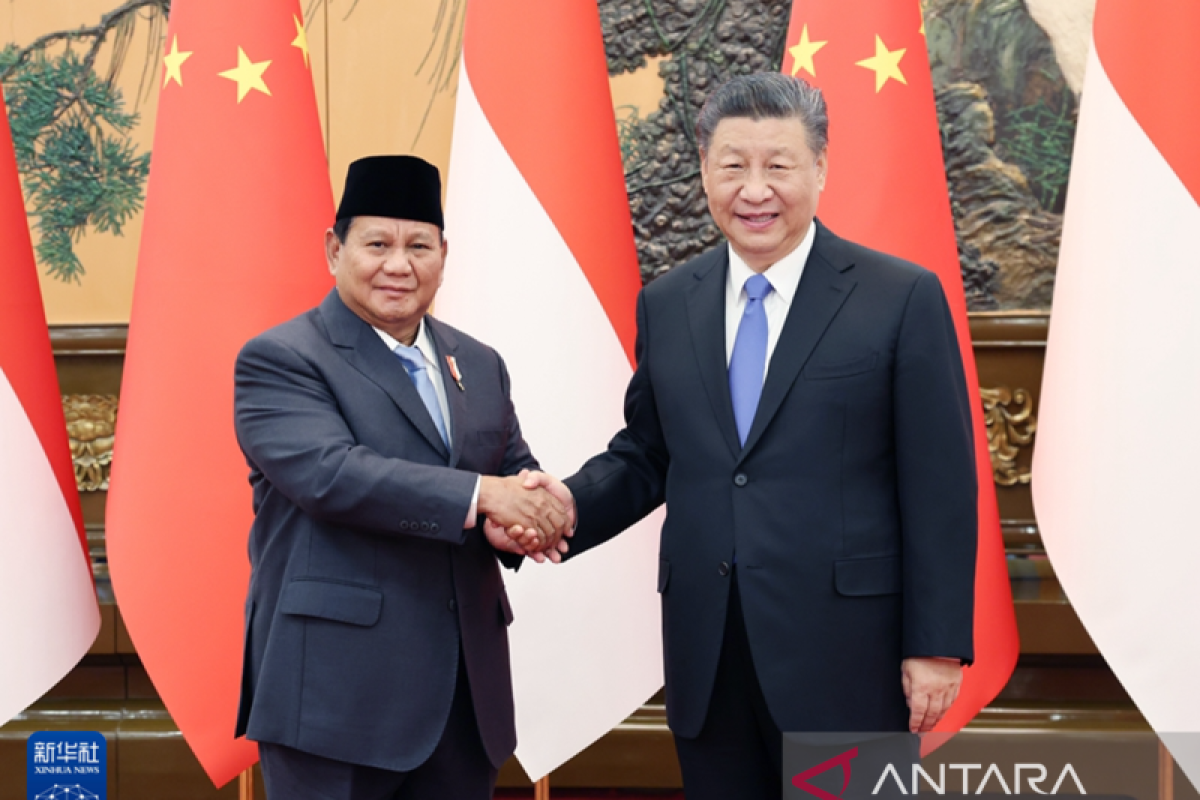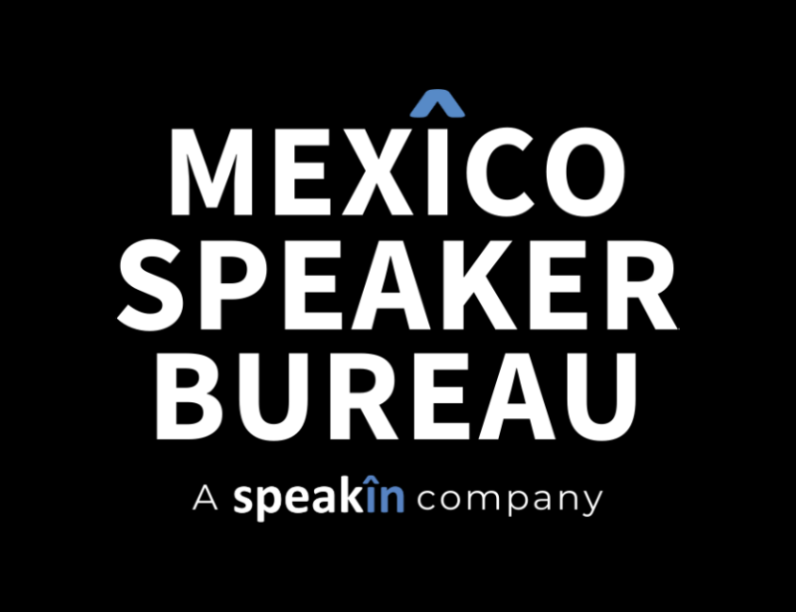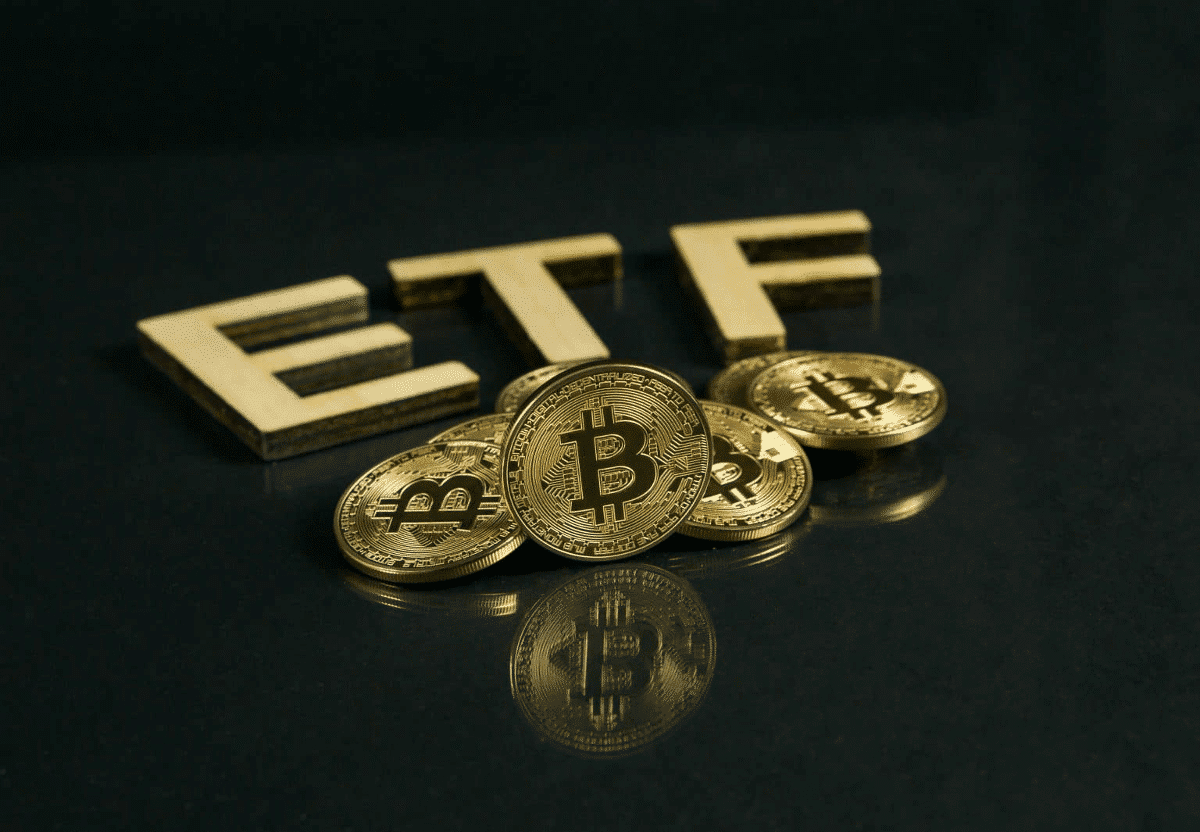Alright, folks, buckle up. The US Department of Homeland Security just pulled a move that’s not just impacting students – it’s potentially throwing a wrench into the future reign of a European queen! Harvard University has been stripped of its ability to host international students and scholars, and the fallout is… significant.
This isn’t some abstract policy debate. Belgium’s Princess Elisabeth, first in line to the throne and a recent graduate of her first year at Harvard, could see her academic career derailed. This is a stunning development, highlighting just how easily geopolitical maneuvering can collide with individual aspirations.
The Belgian Royal Palace is scrambling, issuing statements about “assessing the situation” and promising to “resolve this matter.” Translation: they’re furiously working the phones. A royal education disrupted isn’t just a personal blow; it sends a chilling message about the welcoming environment for international talent.
Let’s break down what’s happening here. The DHS decision stems from concerns about potential Chinese influence and ties to specific governments – a narrative that’s become increasingly prevalent in Washington. This isn’t the first university to face such scrutiny, and it likely won’t be the last.
Knowledge Point Expansion:
The ‘Student and Exchange Visitor Program’ (SEVP) designates schools authorized to enroll international students. Losing SEVP certification is a massive blow. It effectively cuts off a key pipeline for foreign talent.
Geopolitical tensions are increasingly impacting academic freedom. Universities are caught in the crosshairs as nations prioritize national security. This isn’t just about China; it’s a broader trend.
The implications for international students are profound. These scholars contribute significantly to US research, innovation, and economic growth. This policy jeopardizes that entirely.
This situation underscores the importance of diversification in educational destinations. Relying heavily on a single country for higher education is inherently risky. Students must have options.
Princess Elisabeth is pursuing a Master’s degree in Public Policy. This field is crucial given the growing need for qualified leaders in a complex global landscape. Her education is an investment in Belgium’s future.
This isn’t just about one princess; it’s a canary in the coal mine, signaling a potentially dangerous shift in US policy towards international education.







